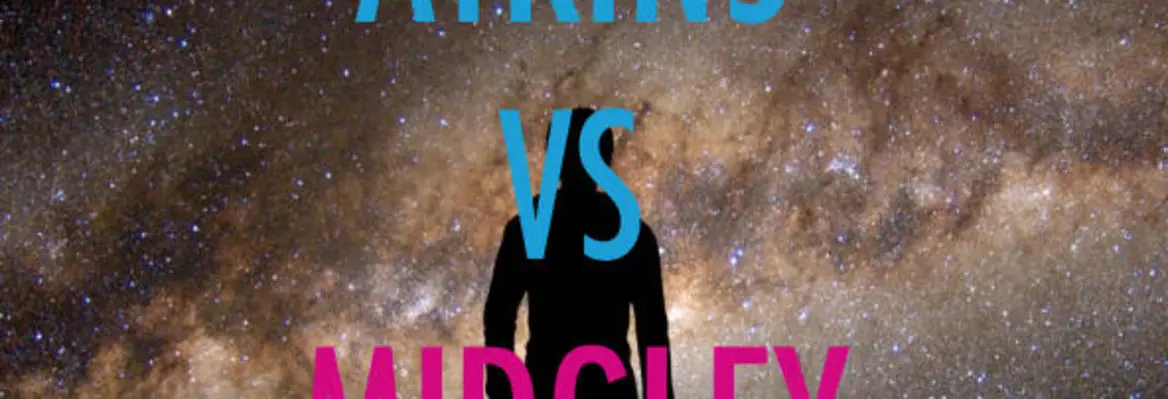This article is part of The Limits of Science: an ongoing debate between scientist Peter Atkins and philosopher Mary Midgley.
Midgley launches the debate by arguing that science does not have the answers to every question. In Science Unlimited, Atkins contends that, in fact, science will explain all of existence. Then, Midgley responds in Knowledge is Not an Empire, by arguing that science is just one field of enquiry among others. Now, Atkins counters that only science offers us a deep understanding of reality.
---
The delusion that human knowledge is some kind of empire, despotically ruled by one's own favourite study, is not a new one. The classicists who for centuries taught Greek and Roman literature throughout Europe suffered from it badly, and they have, I think, only been cured of it by going out of fashion after the Second World War. That, however, was the epoch at which the field of academic studies began its recent vigorous expansion. It was also the epoch at which scholars became so much better educated about this expansion, and about the importance of relations between its various branches, that it is rather surprising today to find this kind of monopolistic claim still being made.
It is, however, no surprise to find that the renewed claim is yet one more twig from the ancient tree of dualism. When Descartes divided the world sharply between matter and spirit, he made possible a feud in which aggressive partisans of science could for ever make war against the church. This simple division of the academic world into two factions flattered the fighting instincts of both sides and it has kept the battle going until today, though that battle has less contemporary fuel to feed on now than it once had. The details of the present claim are still fairly startling. It turns out that, in Atkins's opinion, science, though it is not “the only way to ask questions about reality”, is indeed “the only way to get reliable answers to those questions”.
What on earth does Atkins mean by saying this without even mentioning the endless other studies which now manage to perform this same feat? After all, not all questions are physical. What (we might ask) about the many thriving and successful current branches of history and geography? Are the main dates of history (for instance) not just as reliable as anything known about salts or atoms? What about economics? What, too, about “studies of animal behaviour, anthropology and the evolution of stable societies”? These are all topics which Atkins lists as good sources that will improve our understanding of ethics. He therefore must think that they are reliable.
Are they perhaps honorary outgrowths of science? No, he has explained that the term covers only physics, chemistry and biology. And if one tried to count them all as parts of biology there would be no plausible stopping point to avoid letting in everything else. It is interesting, in fact, that he has selected these particular examples. They are all matters much discussed in recent times, and they all fall outside his strict definition of science. By admitting them he has clearly let in the rest of the social sciences (and, with the last example, history) into the sacred tent that was meant to contain only science















Join the conversation